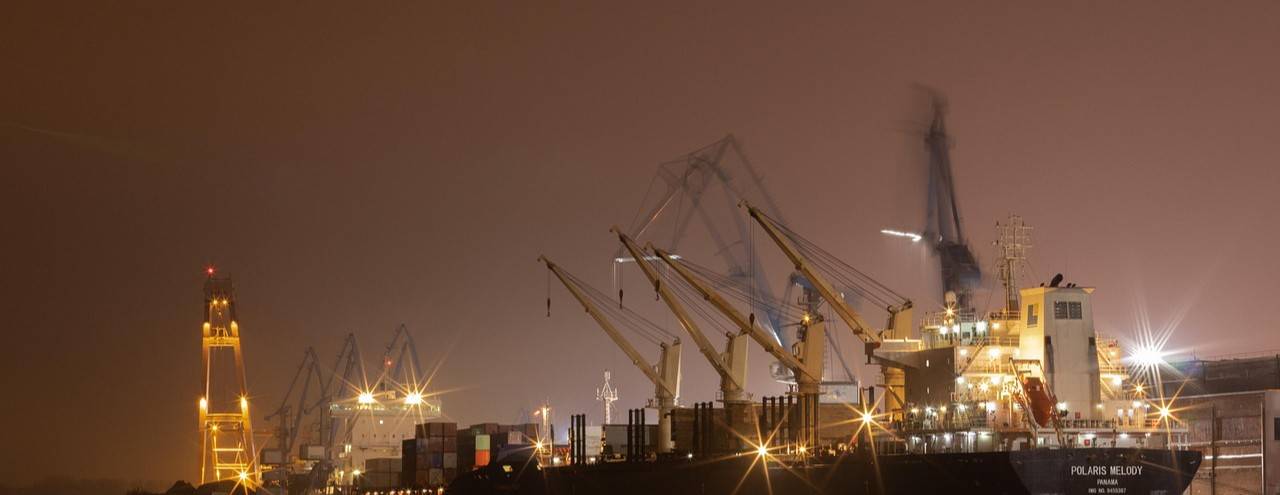
Decarbonation in Heavy Energy Industries
Last week we shared thoughts on the changes that might be made in construction industry equipment over the coming years to help with the push towards decarbonization. This week we focus on energy heavy industries such as mining, shipping and manufacturing.
Traditionally, these sectors have relied on fossil fuels due to their high energy demands and lack of viable alternatives. However, advances in battery technology, renewable energy integration, and policy incentives are making electrification more feasible.
Electrification is gaining momentum as many industries are setting net-zero targets to align with global climate commitments. Electrification, especially when powered by renewables, significantly reduces carbon footprints, and as the cost of renewable energy and batteries declines electrification becomes more cost-competitive with fossil fuels. Stricter emission regulations from government and investors favouring companies with sustainable business models is also driving the momentum.
Let’s take a look at who and what is leading the industries globally.
Mining
Companies like BHP and Rio Tinto are investing in electric haul trucks and autonomous battery-powered equipment to reduce diesel reliance in operations, and underground mining is a key focus, where electric vehicles improve air quality and lower ventilation costs.
Shipping
The shipping industry is seen as one of the hardest sectors to decarbonize. Companies are experimenting with electric ferries and short-haul battery-powered vessels. Maersk, renowned shipping and logistics company, is investing in hybrid-electric and ammonia-powered ships for long-haul routes.
Manufacturing
Heavy industries such as steel and cement production, are shifting toward electric arc furnaces (EAFs) and hydrogen-based electrification to replace coal and gas-powered systems. Those companies leading the way with renewable-powered manufacturing plants are SSAB, ArcelorMittal, and Tesla’s Gigafactories.
Momentum is gaining, but there are also many challenges to decarbonisation that effect these industries. Heavy industry requires vast amounts of power which necessitates significant grid upgrades and storage solutions, and current battery technologies aren’t yet viable for long-duration, high-power applications like large cargo ships for example. And of course, without reliable energy storage, industrial-scale electrification can be inconsistent in areas dependent on wind and solar.
The transition to electrified heavy industry will likely be a multi-phase process, with a mix of direct electrification, hydrogen, and alternative fuels. However, advancements in grid infrastructure, battery technology, and policy incentives will be key in accelerating adoption.
Electric Horse™ can help electrify your business. With temporary and permanent energy solutions that can be applied across all industries we would love to hear your needs. Contact us today at info@electric-horse.com.
